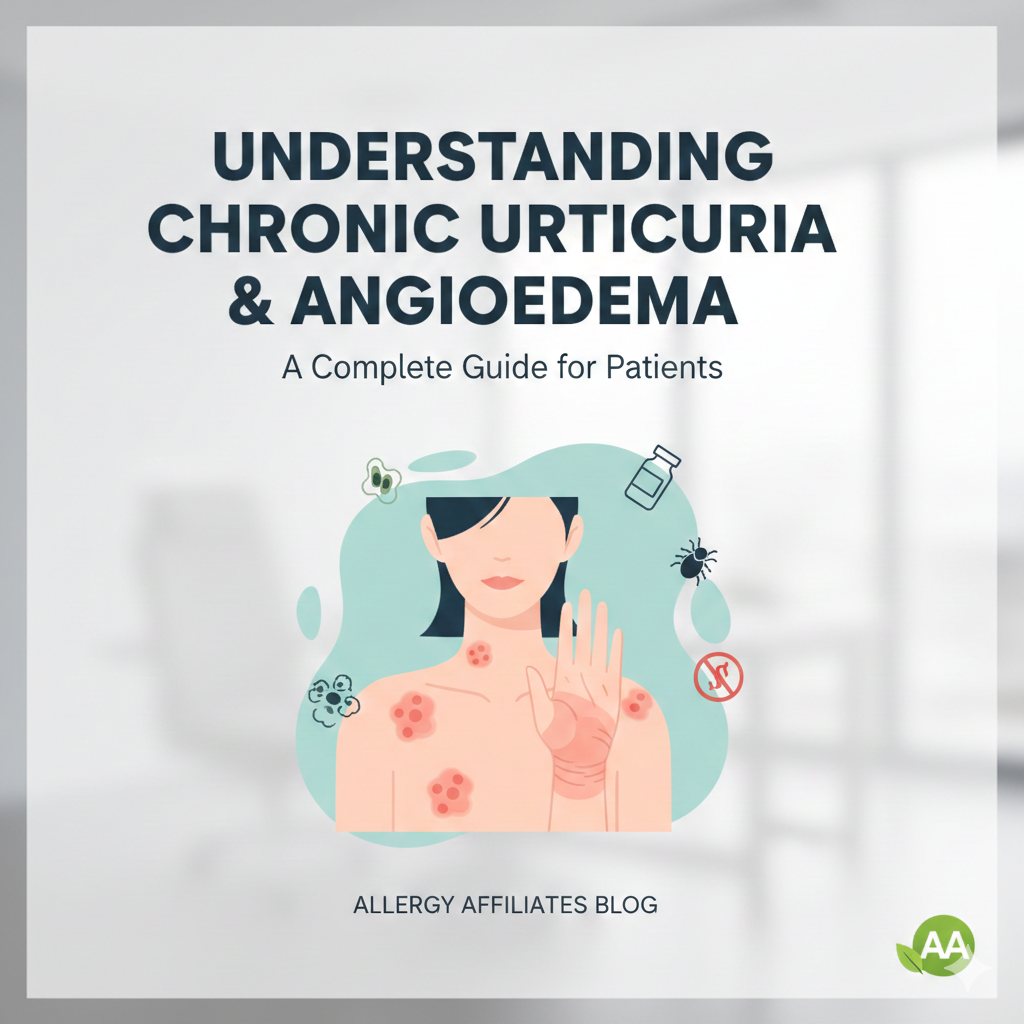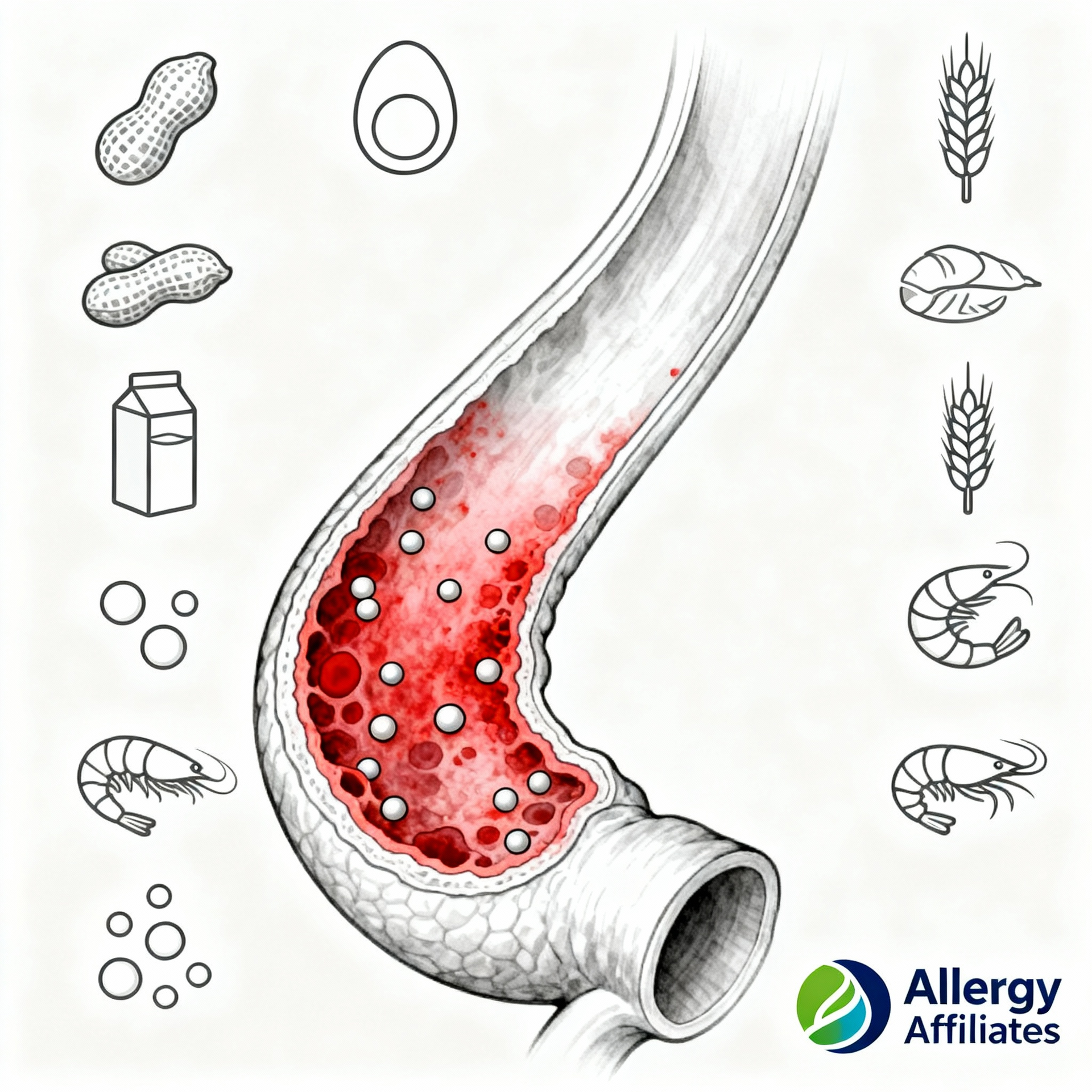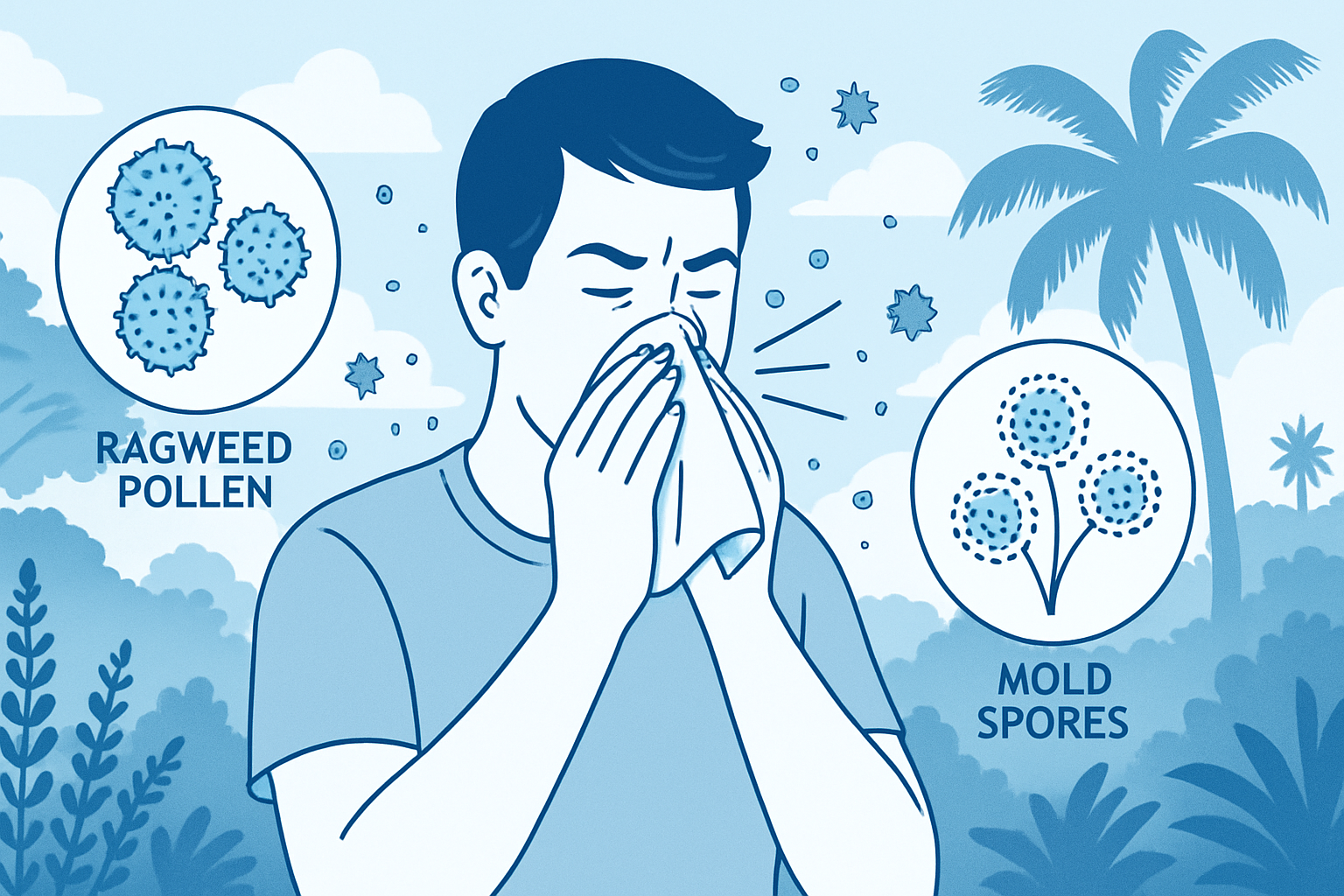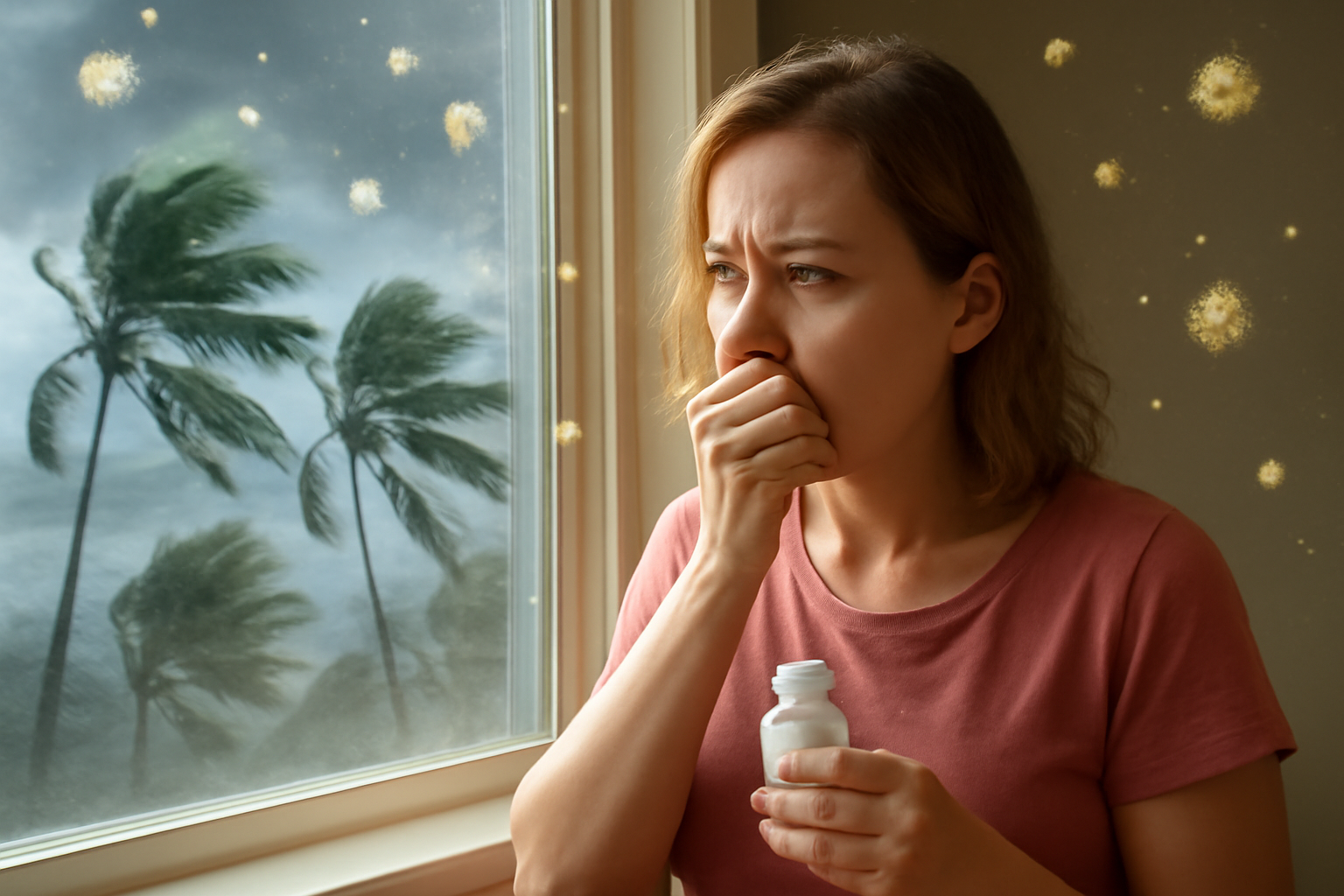
Allergies are the body’s reaction to a normally harmless substance with symptoms ranging from mild to life-threatening. Understanding and avoiding specific allergy triggers could save one’s life.
Allergies (and allergy triggers) are extremely common. In fact, they affect over 5% of adults and 8% of children — and these percentages are rising.
Simply put, an allergic reaction is caused by a certain “trigger” that causes an abnormal immune response. Our body’s immune system is designed to protect us from foreign invaders that could potentially hurt us… but sometimes, it recognizes common foods, medications, or environmental stimuli as foreign and harmful.
This misidentification launches a range of protective measures, causing inflammation in the form of the chemical Histamine. This chemical release also triggers other symptoms that may occur anywhere from a few minutes to a few hours after exposure. A few allergy reactions include:
- Swelling of the tongue, mouth, or face
- Difficulty breathing
- Low blood pressure
- Vomiting
- Diarrhea
- Hives
- Itchy rash
Symptoms vary from person to person, and even between exposures. It is impossible to predict how severe the next reaction might be, but all patients with allergies should be carefully counseled about a more serious reaction known as anaphylaxis.
Symptoms of Anaphylaxis
Anaphylaxis usually develops suddenly and can escalate very quickly. Feeling lightheaded or faint, having difficulty breathing (or wheezing), experiencing a fast heartbeat, clammy skin, confusion, or losing consciousness can all be symptoms of anaphylaxis.
There may also be other allergy reactions shown, such as hives, swelling, or stomach pain. Anaphylaxis is a medical emergency and should be treated through the following:
If available, use an adrenaline auto-injector.
Call an ambulance immediately and mention that you think a person has anaphylaxis.
If possible, remove any allergy triggers from the skin, throat, or close environment.
Lie the person down flat, unless unconscious, pregnant, or struggling to breathe.
If symptoms do not improve in 5-to-15 minutes, provide another injection.
Common Anaphylaxis Triggers
Allergy symptoms range from mild to life-threatening and can be caused by a variety of factors. Common triggers include certain foods, medicines, insect stings, and latex.
Foods.
Allergy reactions occur within minutes of eating the specific trigger food, the most common being shellfish, tree nuts, milk, eggs, and some fruits. It is extremely important to avoid foods that cause allergy symptoms.
Medicines.
With a medicine (often called drug) allergy, symptoms such as rash, fever, or trouble breathing may occur when ingested. The immune response might happen the first time it is taken or after many times. Examples include antibiotics, nonsteroidal anti-inflammatories, aspirin, and even general anesthetic.
Insect stings. If you get a wasp or bee sting, a normal reaction includes pain, swelling, and redness around the sting site. Occasionally, this reaction extends beyond the sting site to the entire limb. However, in the case of an allergic reaction, immediate medical attention is needed.
Contrast Agents. Dyes used in some medical tests to help certain areas of your body show up better on scans can cause mild to severe allergy reactions. Most severe reactions are immediate, while more mild reactions can happen anywhere from an hour to a week after injection.
Latex. Some people develop a latex allergy after repeated contact with latex. Mild symptoms include itching and skin redness while more severe reactions may occur when the mucosal membranes (linings inside the body) are exposed, such as during an operation.
Management and treatment
If an allergy is suspected, see an allergist. This specialist will decide with tests to perform based on symptoms, family history, and more to determine if an allergy exists.
The primary way to manage an allergy is to avoid contact with the specific trigger. Check ingredient labels, notifying your doctors, and wearing identifying jewelry can aid in this.
Avoiding an allergen is easier said than done, however. And removing the allergen usually doesn’t completely end the allergic reaction.
Depending on your allergy, medications may help reduce the immune system’s reaction as well as ease symptoms. Over-the-counter or prescription medication in the form of pills or liquid, nasal sprays, or eyedrops are the most common defense against mile allergies.
For more severe allergies or allergies resistant to other forms of treatment, Immunotherapy is another option. This treatment -- commonly performed with nut or dairy allergies -- involves a series of injections or consumption of a purified extract of the specific allergen. This is done in the safety of a doctor’s office over a period of a few years.
In the most severe case, the response of anaphylaxis, an emergency dose of adrenaline (often called epinephrine) must be administered. Many allergy sufferers carry this shot with them at all times to reduce symptoms of severe allergy reactions.
Allergy Affiliates Inc, located in Bradenton, Fla., offers state-of-the-art allergy treatments.
Contact us today to learn about your options.










